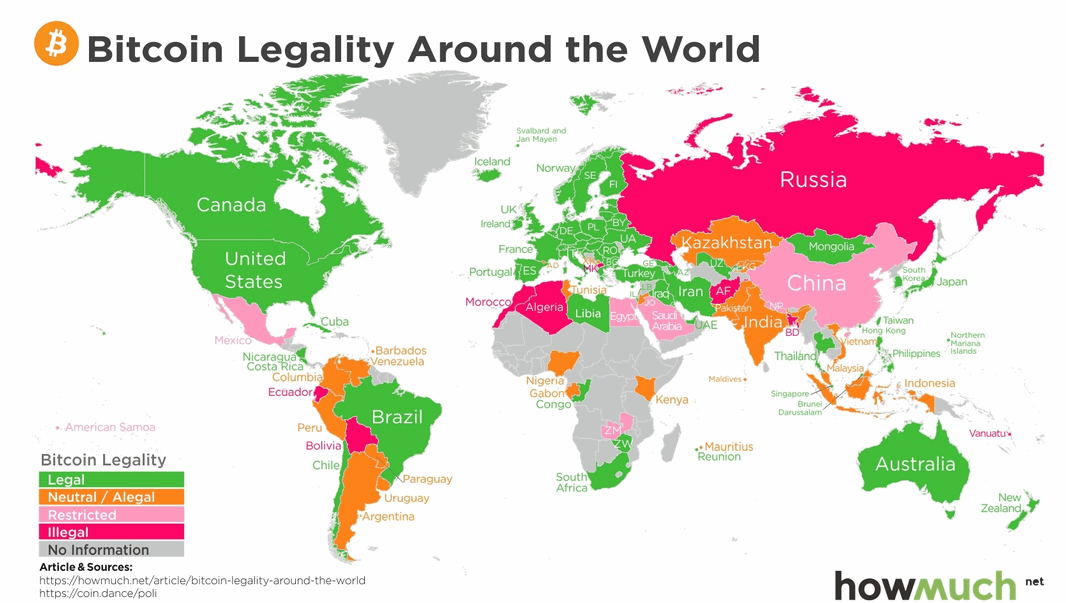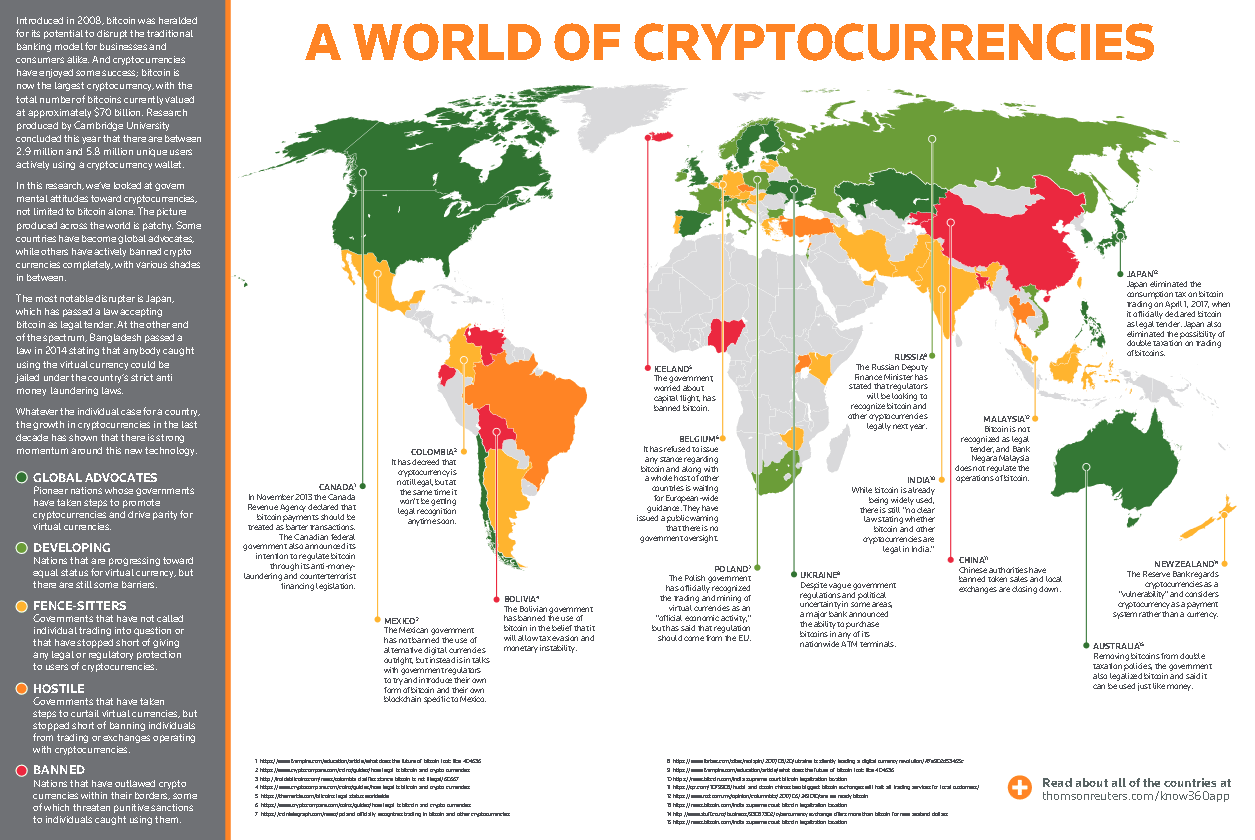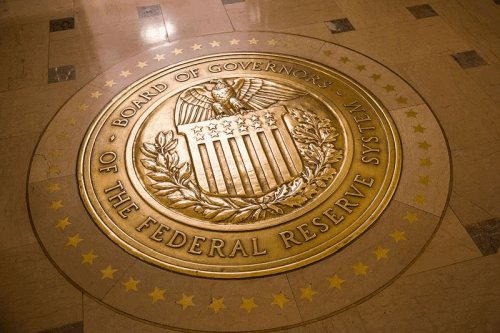Every Bitcoin supporter knows the name of Satoshi Nakamoto, the single founder of Bitcoin. In reality, the extreme complex and creative project of Bitcoin is impossible to be completed by a single man. It requires a big team of elite experts from various fields, such as computing, networking, mathematics, cryptography, finance, sociology, political economy, political science and so on. Given that the time spent on the project would not be short, money spent on research and development is huge. We have good reason to believe that the Bitcoin project should be worked out by a remarkable startup company of certain sizable scale, which was funded with certain sizable amount of capital. Given that Bitcoin’s success in eroding currency sovereign of many influential great nations and were not banned by them, at least up to this moment, there must be strong political backing for Bitcoin. It is logical to presume that Bitcoin bears political implications and the will of nation.
To know the backing behind, we have to investigate the acceptability of Bitcoin by various countries. Owning to barely influence on geopolitics for small countries, they are not taken into our consideration. For your better visualization, please refer to below diagrams. Note that they may not be analyzed accurately and updated properly.

(Source https://howmuch.net/articles/bitcoin-legality-around-the-world)

(Source: https://blogs.thomsonreuters.com/answerson/world-cryptocurrencies-country/)
For simplicity, two categories are made, namely countries having friendly and unfriendly attitude on Bitcoin, and are listed and explained in below:
Countries having friendly attitude on Bitcoin:
US, UK, Western Europe, Australia, Brazil, Canada, Japan and etc…
There are lots of common characteristics between these countries, except Brazil. First, they are developed countries and most of them belong to G7. Second, they are traditional allies of the US. Third, some of the countries’ currencies are global reserve currency, including Japanese Yen, British pound, US Dollar and EU Euro. Australian and Canadian dollar are only considered as regional reserve currency.
As far as the author knows, Japan even officially declared Bitcoin as a legal tender and encouraged its citizens to invest in Bitcoin. This means that the Japan government is using its Yen to back up Bitcoin, and its credibility to assure the investment prospect of Bitcoin.
Suppose that Bitcoin is so prevailing in Japan that no one uses Yen. Then, the Japanes government would lose its currency sovereignty as well as revenues originated from currency issuance. Suppose that Bitcoin is so prevailing in the world that no one uses any existing fiat currencies in the world. United Kingdom, EU, Japan, China and, especially the US, would lose extra gains originated from special monetary privileges as global reserve currency.
If the Japanese government does not have any vested interests on Bitcoin behind, there is no ground for its backing up of Bitcoin in the expense of Yen. Although the rest countries in this category are not as ‘generous’ as Japan, yet they recognize the legality of Bitcoin transactions and Bitcoin as a medium of exchange. Laterally, they are backing up Bitcoin in the expense of their currencies in an implicit way! The US, Japan, EU and UK are suspicious of having vested interests in Bitcoin. Owning to its invasion history, Japan is an economy giant, but a dwarf in politics. In addition to its reliance on the US, it cannot be the greatest beneficiary.
As explained above, the Dollar hegemony is the basis for the US hegemony. It makes sense to presume that Bitcoin poses the greatest threat to the interests of the US. Nevertheless, the US’s friendly attitude on Bitcoin clearly shows that it is not the case. The leads us to think about the possibility of Bitcoin being a part of the US’s monetary system.
One may argue that Australia, Brazil, Canada and other small countries or regions are also friendly to Bitcoin, so why don’t we suspect them? The fact is that normal countries have not much room for bargaining in international affairs and are not subjected to privileges great powers enjoyed. In addition, currencies of those countries are not global reserve currency. It is not much difference for them whether the world uses Bitcoin or the US Dollar. Countries like Australia, Brazil and Canada are allies of the US and may receive some kinds of protection and benefit financially for aligning the strategy of the US bloc. This can compensate their loss, if any. On the other hand, some small countries or regions may have special consideration on adopting Bitcoin, for example, being the regional hub of crypto-currencies development.
Countries having unfriendly or hostile attitude on Bitcoin:
Venezuela, Russia and China etc…
There are also lots of common characteristics between these countries. First, they are developing counties. Second, their relationship with the US bloc is not good. They are always the targets of containment by the US bloc. Third, their currencies are soft currencies, except China. All these countries’ unfriendly attitude towards Bitcoin is realistic. Since their currency is not strong enough, their currency sovereignty is easily compromised, especially if Bitcoin is a part of their enemy or rivalry’s monetary tools.
The rising superpower, namely China, deserves our attention. The country has comparable strength to the US in almost every aspect. The US had considered it as the greatest rivalry and had been trying to contain it for decades. Last year, the Chinese government banned Bitcoin in spite of the Chinese’s big share and gains on Bitcoin. This reflected the Chinese government had no control on Bitcoin and had to cut off its influence by banning it. This also implied that another country or a political bloc indeed had overwhelming control on Bitcoin. Otherwise, there was no ground for China to be afraid of Bitcoin if it was a pure ‘decentralized system’, given that the Chinese’s big share in Bitcoin market. In fact, Bitcoin indeed can be a financial tool of ‘massive destruction’. You can learn more about it in the article of ‘Bitcoin as a tools’.
Conclusion
Another important fact that we should not omit: Bitcoin is created, maintained and operated in the US. Very possibly, those developers and the management are citizens of the US.

Therefore, the organization is under the US government’s full scrutiny, and, very likely, works for the leadership of the country and its shareholder’s interests, namely the capital interest group, as mentioned in the beginning of this article.
Perhaps, "Satoshi Nakamoto" is a pseudonym and the real name is Federal Reserve Bank of the US. The owners of the Bitcoin project are those private stakeholders own the Fed. The capital interest group is used to and is good at manipulating behind the scene and ruling through the operation of capital. Its hidden hand manipulates Bitcoin in similar way as it does in the Fed. If you don’t believe in our conclusion, then you should sell all your Bitcoin off before it is too late. The US would not endure the basis for the US hegemony, namely the Dollar hegemony, to be eroded by Bitcoin, unless it is a part of its monetary system.